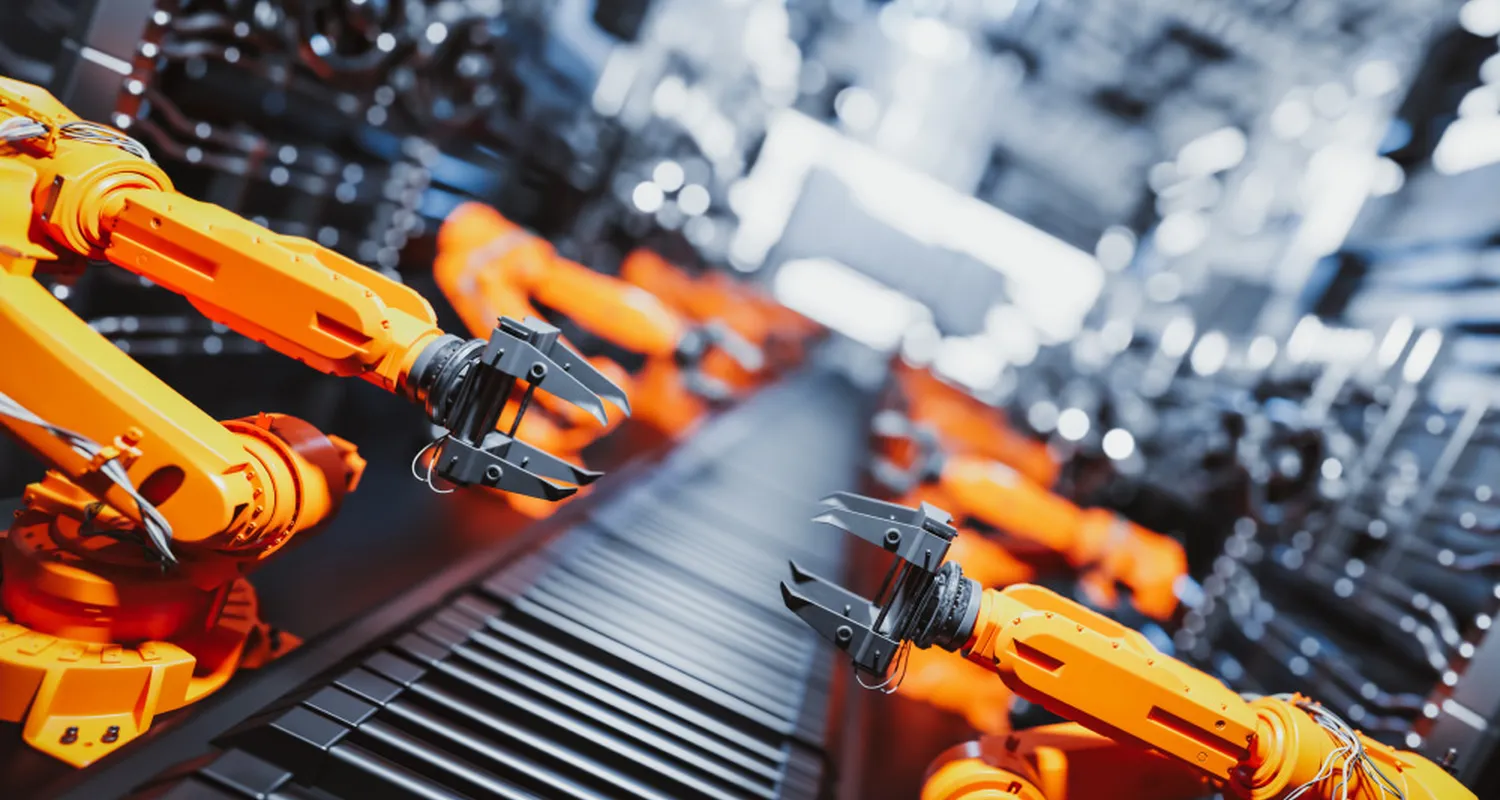Kestria (formerly IRC Global Executive Search Partners) held an exclusive virtual roundtable for sector leaders from all around the world to understand their approach to the crisis and facilitate the exchange of best practices to help draw strength from this unprecedented pandemic and be better prepared for the new environment.
According to our guest speakers, how companies learn from this experience, how they respond to the challenges that lie ahead, i.e. whether their reaction is held back by pessimism or driven forward by optimism, will be the key to their success.
So, what are the post-pandemic trends in the Industrial sector, now and in the long-term?
Starting a business without physical proximity? Easy
That mixture of fear and opportunity is typical of a catastrophic event like a global pandemic. It leaves a long shadow, but one with a silver lining. One MD based in Singapore said he'd always assumed that finding the right people was a very physical kind of engagement; you need to bring them into your office to meet them.
In fact, he said, the pandemic has taught us that is not the case. He is now building companies with founders he has never met in person. He is working on a day-to-day basis in teams of five people who have never physically met each other, yet they are now building companies from scratch without the need to be in the same room.
New start-up teams are completely global. One has a CTO based in Buenos Aires, a CEO in Singapore and a head of sales in Mumbai, and they work perfectly together as if they were sitting in the same office.
This shift towards digitization and remote working was already underway before Covid-19. But it has been dramatically accelerated by the pandemic. The ultimate destination is truly global talent.


